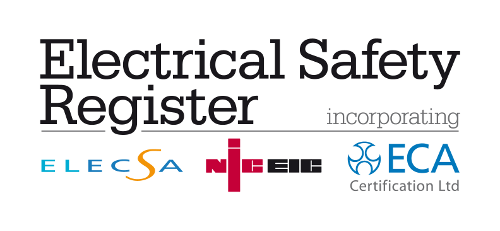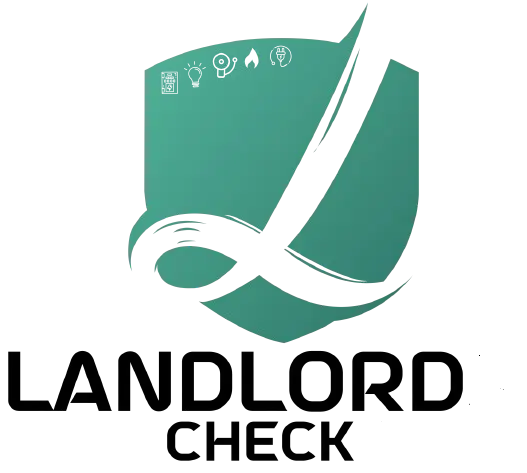EPC Certificate Cost: What London Landlords Need to Know
For landlords in London, understanding the EPC certificate cost is crucial for budgeting and legal compliance. An Energy Performance Certificate (EPC) is a legal requirement for properties being rented out or sold, providing potential tenants and buyers with valuable information about a property’s energy efficiency. This certificate rates a property from A (most efficient) to G (least efficient), giving landlords and tenants insights into potential energy savings. This blog will delve into the factors influencing EPC certificate cost and why obtaining this certificate is essential for London landlords.
The EPC certificate cost can vary, influenced by several factors. These include the size and type of the property, its location within London, and the complexity of the assessment. Larger properties or those with unique features may incur higher costs. It’s important to obtain quotes from accredited assessors to ensure you’re getting a fair price and a thorough assessment. Choosing a reputable provider ensures that the assessment is conducted accurately and efficiently, providing you with a reliable EPC report.
The process of obtaining an EPC involves a qualified assessor visiting the property to evaluate its energy performance. This assessment includes examining factors such as the property’s age, construction materials, insulation, heating systems, and lighting. The assessor will then generate an EPC report, which provides an energy efficiency rating and recommendations for improving energy performance. This report is valid for 10 years, making it a long-term investment in your property’s value and marketability in London.
The validity of an EPC is 10 years. During this period, the certificate remains valid for any sales or rental transactions. However, if significant changes are made to the property that could affect its energy performance, a new EPC may be required. Regular maintenance and improvements to energy efficiency can help maintain a good rating, which can positively impact the property’s value and appeal in London’s competitive market. It is vital to find an accredited assessor to conduct the EPC.
To ensure your property meets all legal requirements and appeals to potential tenants, it’s crucial to obtain a valid EPC certificate. For reliable and professional services, consider using Landlords Checks Energy Performance Certificate. They offer comprehensive EPC assessments to help landlords in London comply with regulations and enhance their property’s energy efficiency.
Understand the EPC certificate cost and book your assessment today.

Fire Risk Assessment

Gas Safety Certificate
Gas Safety Certificate – Domestic – Meter & Upto 2 appliances
£57.99 Book NowGas Safety Certificate – Domestic – Meter & Upto 4 appliances
£77.99 Book NowCarbon Monoxide Alarm
£80 Book NowGas Safety Certificate – Domestic – “Discounted Offer” Boiler Service + Gas Certificate & 2 appliances
£89.99 Book NowGas Safety Certificate – Commercial – 1 appliance
£199 Book NowGas Safety Certificate – Commercial – 2 appliances
£245 Book NowGas Safety Certificate – Commercial – Boiler Service
£280 Book Now

Electric Safety
Studio Appartments Electrical Safety Certificate (EICR)
£65 Book NowPAT Testing Up To 10 Items
£58 Book NowDomestic Electrical Safety Certificate EICR 1 – 3 Bedroom – 1 Consumer Unit Up to 12 Circuits
£99 Book NowDomestic Electrical Safety Certificate EICR 4 Bedrooms – 1 Consumer Unit Up to 12 Circuits
£120 Book NowCommercial Electrical Certificate (EICR) – 1 Consumer Unit Up to 12 Circuits
£149 Book NowDomestic Electrical Safety Certificate EICR 5 Bedrooms – 1 Consumer Unit Up to 12 Circuits
£150 Book NowDomestic Electrical Safety Certificate EICR 6 Bedrooms – 1 Consumer Unit Up to 12 Circuits
£158.33 Book NowFuse Box Installation
£415.83 Book Now

Energy Performance

Inventory Services

Asbestos Surveys

Electric-Gas Appliances & Hob Installations

Talk To Us!
Get in touch if you're uncertain or need assistance ?
020 8609 7777
Talk to a Friendly Advisor
Accreditations







Help & Advice
-
Which Companies Provide Landlord Safety Certificates with Free Follow-Up Inspections?
Follow-up inspections verify that identified safety deficiencies have been properly remediated, ensuring rental properties meet all safety standards before certification. Understanding which providers offer complimentary follow-up visits, what these inspections
-
Which Service Offers Emergency Landlord Safety Certificate Renewals?
Emergency situations requiring urgent landlord safety certificate renewals arise more frequently than many property owners anticipate, from discovered expired certificates to urgent tenant move-ins and unexpected local authority inspections. Understanding
-
Where Can I Find a Landlord Electrical Safety Certificate Provider?
Electrical safety certificates represent essential legal requirements for rental properties in England, with regulations mandating comprehensive testing and certification every five years or at each change of tenancy. Finding qualified
-
Who Provides Landlord Gas Safety Certificates with Online Booking?
Modern technology transforms how landlords arrange essential compliance services, with online booking systems offering unprecedented convenience for obtaining gas safety certificates. Understanding which providers offer digital booking platforms, the advantages
-
Which Companies Offer Fast Landlord Safety Certification Services?
Time-sensitive situations frequently require landlords to obtain safety certificates quickly, whether for urgent tenant move-ins, compliance deadline pressures, or unexpected certificate expiries. Understanding which companies provide fast landlord safety certification
-
 Which Companies Provide Landlord Safety Certificates with Free Follow-Up Inspections?
Which Companies Provide Landlord Safety Certificates with Free Follow-Up Inspections?
-
 Which Service Offers Emergency Landlord Safety Certificate Renewals?
Which Service Offers Emergency Landlord Safety Certificate Renewals?
-
 Where Can I Find a Landlord Electrical Safety Certificate Provider?
Where Can I Find a Landlord Electrical Safety Certificate Provider?
-
 Who Provides Landlord Gas Safety Certificates with Online Booking?
Who Provides Landlord Gas Safety Certificates with Online Booking?
-
 Which Companies Offer Fast Landlord Safety Certification Services?
Which Companies Offer Fast Landlord Safety Certification Services?




